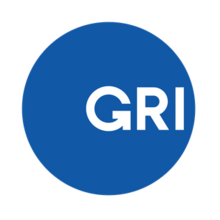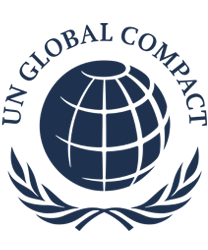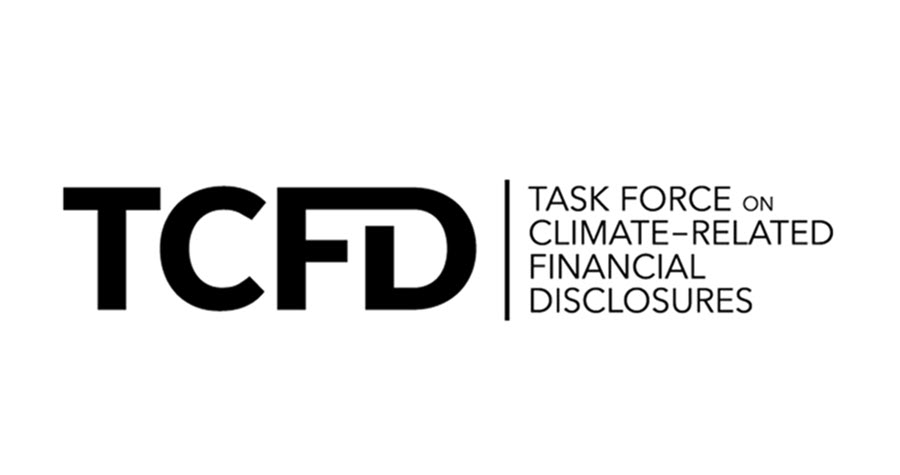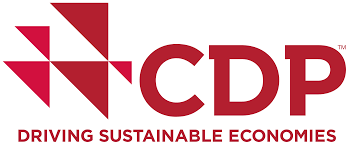Sustainability reporting
NCC believes that transparent reporting on sustainability provides added value for our stakeholders. Sustainability reporting also helps to drive the change that the industry needs in order to meet future demands for sustainability.
NCC reports according to several voluntary frameworks for sustainability reporting. In using these frameworks, we aim to measure, follow up and clearly report our progress towards our sustainability targets. We value openness and accountability and believe that our sustainability reporting helps to build trust with our stakeholders and create long-term value for both our business and society.
NCC is working to prepare future reporting in accordance with the EU’s new Corporate Sustainability Reporting Directive (CSRD).

GRI
NCC has reported on sustainability performance in line with the Global Reporting Initiative (GRI) guidelines since 2010. GRI is an independent international organization that provides the world’s most widely adopted standard for reporting on and communicating sustainability.
Taxonomy
The EU Taxonomy Regulation is part of the EU’s action plan for the financing of sustainable growth. The aim is to redirect investments from operations with negative environmental impacts to more sustainable operations. NCC’s operations include construction and civil engineering, industry and property development, which includes several Taxonomy eligible activities that mainly take place in project form. For taxonomy tables, see NCC’s Annual and Sustainability Report.

UN Global Compact
NCC has reported to the UN Global Compact since 2010. The Global Compact is a strategic UN initiative that commits companies to adapt their operations and strategies to 10 defined and generally accepted principles in the areas of human rights, labor law, environment and anti-corruption.
NCC submits an annual Communication on Progress (COP – Global Compact),
which contains an undertaking from the chief executive to continue support for the UN Global Compact, plus a description of practical actions the company has taken or plans to take in each of the four areas: human rights, labor, environment and anti-corruption.

TCFD
NCC works on climate-related risks and opportunities in accordance with TCFD (Task Force on Climate-related Financial Disclosure). Taking action on climate-related risks increases knowledge and thereby the ability to make informed decisions, develop new products and services, manage future regulations and become more competitive. NCC has integrated the assessment of climate-related risks and opportunities into the regular risk process for strategic risks. TCFD will end in 2024, see their website for more information.

CDP
CDP is a non-profit organization that operates a global system for investors, companies, cities, states and regions to measure, manage, report and ultimately reduce emissions. To ensure transparency and reliable data, NCC reports in line with CDP’s climate change program, under which input data and processes are checked externally. CDP’s climate questionnaire aims to bring greater transparency to a company’s management of greenhouse gas emissions and the risks and opportunities associated with climate change.
